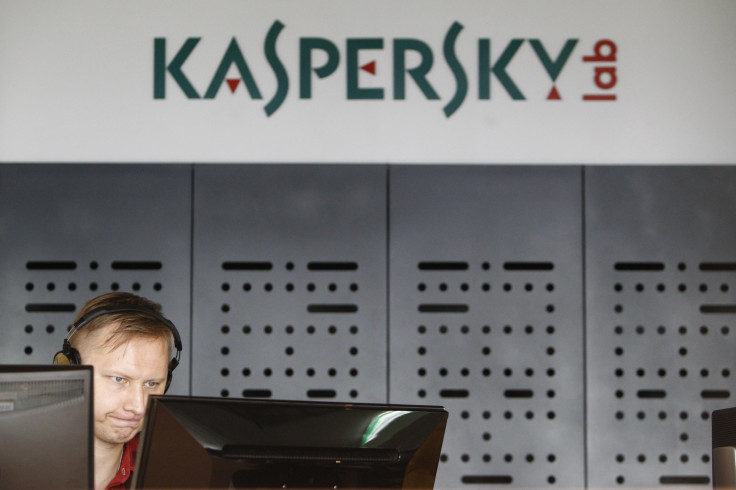Windows 10 security bundle is anti-competitive and hostile to third-party apps says Kaspersky
The developer has filed complaints over Microsoft's alleged hostility.

Microsoft's Windows 10 has come under criticism from Russian cyber security and anti-virus provider Kaspersky for its alleged hostility towards third-party apps. Eugene Kaspersky, the CEO of Kaspersky Lab, took to his blog post to express his anger at Microsoft's bundled security software Defender which, according to him, is anti-competitive.
The Russian cyber security expert believes Microsoft isn't playing fair as the Windows Defender creates obstacles and acts against the interests of developers of third-party security software. The entrepreneur has already filed complaints in both the European Union and Russia against Microsoft alleging that the company's OS is designed in a way that it switches you to Defender without giving users an option to choose from third party software.
In his blog titled That's It. I've Had Enough! Kaspersky points out that Windows automatically uninstalls unsupported antivirus software when a user upgrades to the new OS. Even if a third-party antivirus tool is compatible, users will get a warning that Defender is off with a "tempting" button to turn it on.
Microsoft, according to him, is using its dominant position in the OS market to block out independent developers as third parties don't get much lead time before new releases and have little or no time to make their apps compatible.
Notices for expired antivirus software licences are also being buried under the Security Center notifications for three days by Windows 10 before one receives a more eye-catching warning. This way one may not realise that their third party software is inactive until Defender automatically turns on.
Responding to the allegations, Microsoft has issued a statement saying: "Microsoft Russia and Kaspersky Lab have a long history of cooperation in different areas. Microsoft is committed to working in full compliance with Russian law. The company hasn't received an official notification from [antitrust regulator] FAS. As soon as we get it, we will review it carefully."
The latest criticism against Microsoft comes days after Google exposed one of Windows' critical vulnerabilities which the former was reportedly not too happy about. The company, however, fixed the vulnerability with six other critical flaws, including a vulnerability affecting all versions of Windows.
© Copyright IBTimes 2024. All rights reserved.






















